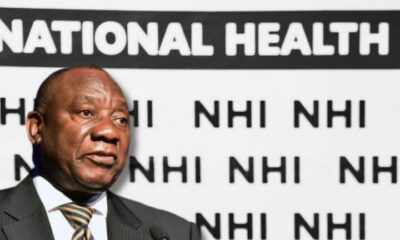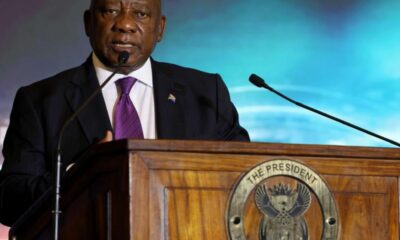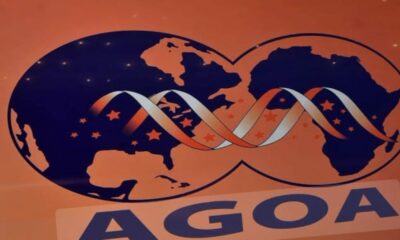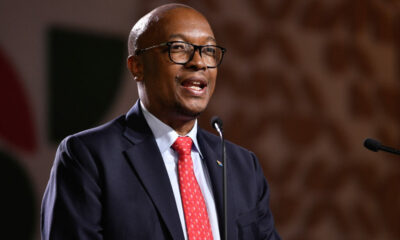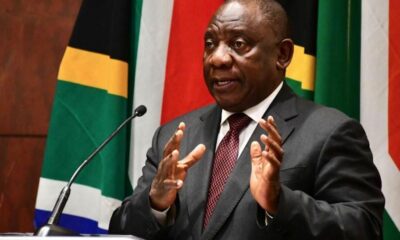News
South Africa Faces Possible VAT Hike as Businesses Call for Relief, Not More Tax
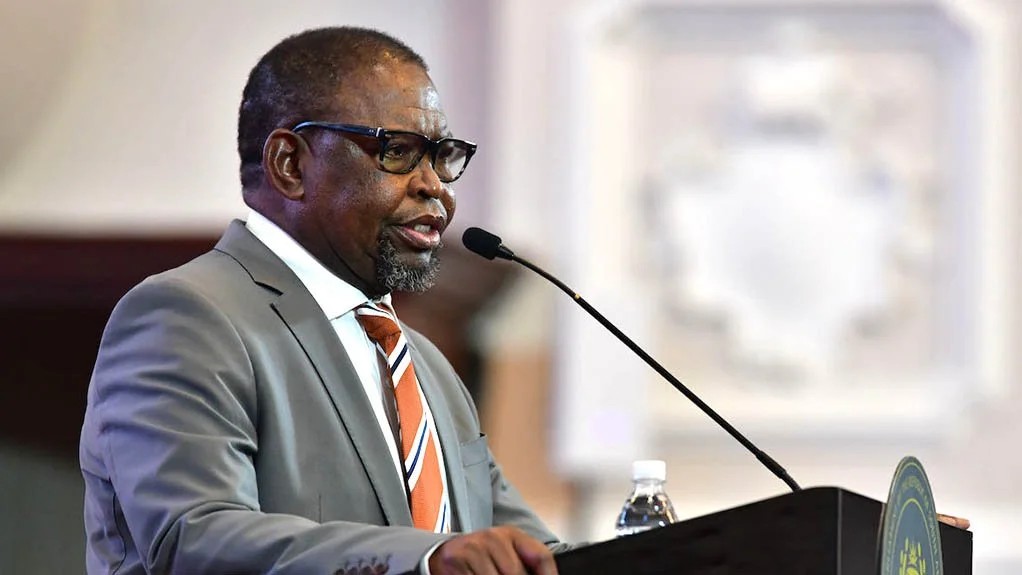
South Africans Brace for a Possible VAT Hike as Businesses Plead for Relief
As Finance Minister Enoch Godongwana prepares to deliver the long-awaited Medium-Term Budget Policy Statement (MTBPS) on 12 November, all eyes are on one question: Will South Africans be hit with a higher VAT rate?
The minister’s speech comes amid mounting pressure to plug revenue shortfalls and rein in ballooning public debt but also fierce opposition to a possible increase in Value-Added Tax (VAT), a move many fear would squeeze households already battling the cost-of-living crisis.
Meanwhile, small business advocates are warning: raising taxes now could choke the country’s last engine of job creation.
Small Businesses Say: “Relief, Not More Tax”
South Africa’s small and medium enterprises (SMEs) contribute about 40% of the country’s GDP, yet many say they are suffocating under administrative red tape and rising costs.
According to Lula, a local SME financial services provider, the government should be offering relief, not raising taxes.
“The greatest threat to SME growth right now is not a lack of resilience, but fiscal paralysis,” said Garth Rossiter, Lula’s Chief Risk Officer.
“Our businesses can’t commit to expansion or hiring when there’s no clear plan for electricity, logistics, or the national debt.”
Lula is calling for three urgent reforms:
-
Infrastructure reform – stable electricity and better transport networks.
-
Digital procurement and compliance – making it easier to do business.
-
Structural tax relief – not broad-based tax hikes.
Rossiter says the government should focus on modernising outdated VAT rules, not raising the rate.
Why the VAT Threshold Matters
One of Lula’s biggest concerns is the VAT registration threshold, which has been stuck at R1 million for 16 years.
Small businesses earning just above that figure are forced to register for VAT, often hiring costly accountants and handling complex paperwork.
Lula argues that the threshold should be raised to R3 million, giving growing entrepreneurs breathing room to reinvest in their operations.
“By easing compliance, small businesses can redirect time and capital into expansion the kind of activity that actually creates jobs,” Rossiter said.
He added that Godongwana’s mini-budget needs to show that government is serious about removing obstacles to growth: “Commitments must translate into tangible improvements like stable power, quicker logistics, and lighter red tape.”
Why Economists Believe a VAT Hike Is “Inevitable”
But while business voices call for relief, economists warn that South Africa’s finances may have reached the breaking point.
Dawie Roodt, chief economist at Efficient Wealth, believes a VAT increase above the current 15% is becoming increasingly likely.
“The government needs to raise revenue,” Roodt explained. “But every other tax is at its maximum. VAT is the only lever left.”
Roodt says that cutting spending would be political suicide for the ANC, especially ahead of the 2026 elections making a VAT increase “only a matter of time.”
He also reminded South Africans of a hard truth:
“Nothing is as permanent as a temporary tax.”
South Africa’s Tax Limits Have Been Reached
Corporate tax currently sits at 27%, and personal income tax is carried by a small pool of earners, “too few people paying too much,” Roodt warns.
“We’re already beyond the Laffer Curve,” he explained, referring to the point where raising taxes actually reduces revenue as people stop working, avoid taxes, or emigrate.
With public debt climbing and government spending difficult to trim, VAT may seem like the least politically painful option, but it’s also the one that hits consumers hardest, especially the poor and working class.
A Balancing Act Ahead of the Mini-Budget
For Godongwana, the task is as political as it is economic.
He must restore investor confidence, appease small businesses, and protect vulnerable citizens all while ensuring the Treasury doesn’t run out of cash.
Analysts say that a VAT hike, if announced, could widen inequality unless paired with targeted relief, such as expanding zero-rated basic food items or increasing social grants to cushion the blow.
For now, SMEs like Lula are holding their breath, hoping the finance minister takes a long-term view.
Because, as Rossiter puts it:
“If we raise taxes without fixing the basics, power, infrastructure, and policy certainty, we’re not raising revenue; we’re choking growth.”
{Source: BusinessTech}
Follow Joburg ETC on Facebook, Twitter , TikTok and Instagram
For more News in Johannesburg, visit joburgetc.com

